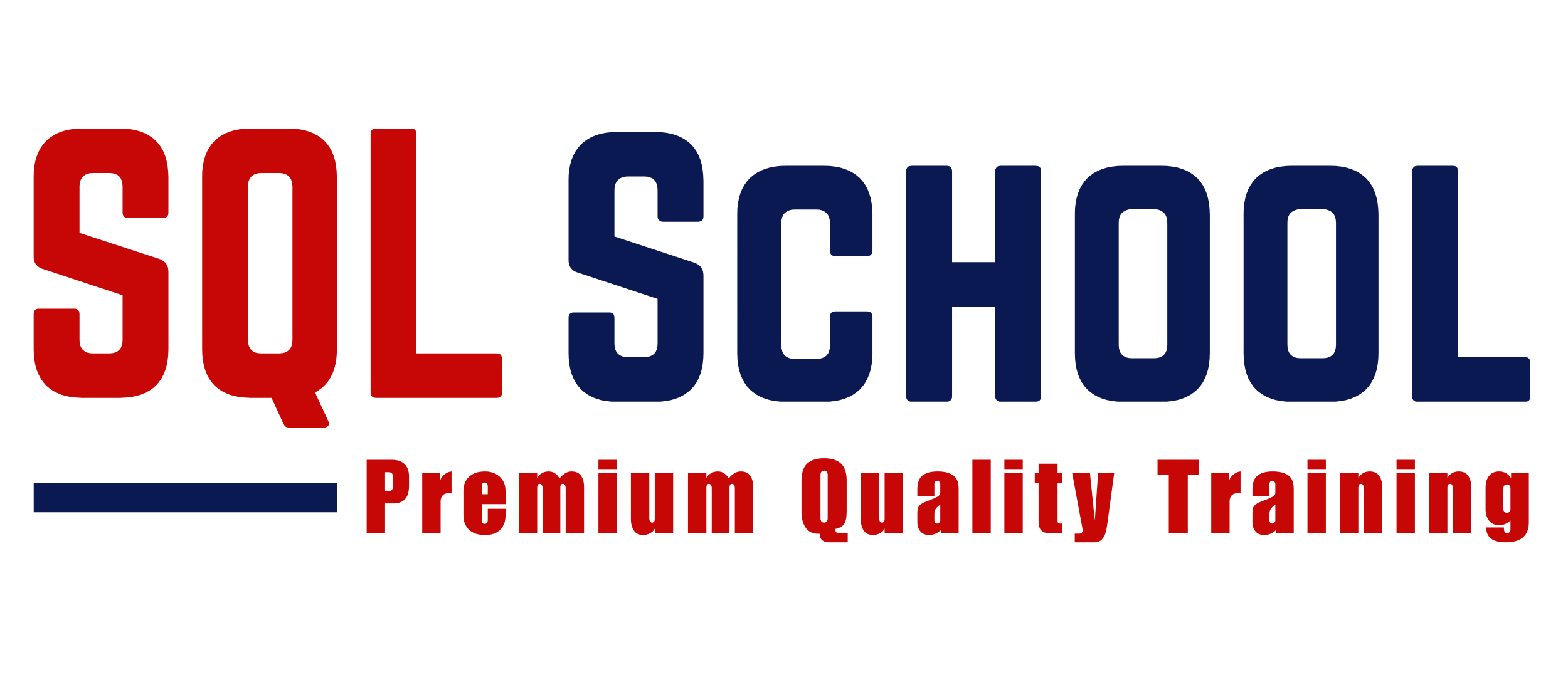Why Becoming a “Database Developer” Is One of the Smartest Career Moves in Tech
If you’re working on a technical or academic project and need extra support, resources like hausarbeit schreiben lassen can give you an edge as you learn the ropes. There’s a quiet hero in every business that relies on digital operations, analytics, or customer data — the “Database Developer”. This is the person who designs, builds, and optimizes the backbone of every digital product: the database.
If you’ve ever wondered how apps store login info, how e-commerce platforms track orders, or how businesses generate financial reports — there’s a well-designed database behind it. And someone has to make that happen. That someone could be you.
Let’s break it down and see why becoming a “Database Developer” is one of the most powerful and future-proof decisions you can make.
What does a database developer do?
A Database Developer is responsible for creating and maintaining databases that are used in web applications, enterprise tools, and data-driven platforms. They don’t just store data — they shape how it’s structured, accessed, and used.
Typical responsibilities include:
Writing SQL queries and stored procedures to manage business logic
Designing scalable databases using database design and normalization techniques
Optimizing performance through indexing strategies and T-SQL optimization
Integrating API connections with databases for cross-platform data flow
Supporting data transformation and ETL development tasks
In short, you build the brain of the business — quietly but powerfully.
Essential skills for database developers
To become a successful “Database Developer”, you’ll need a mix of technical expertise and strategic thinking. The good news? These are learnable skills.
Must-Have Technical Skills:
Mastery of relational database systems like MySQL, SQL Server, PostgreSQL
Proficiency in PL/SQL development or T-SQL depending on the platform
Experience with schema design best practices
Familiarity with NoSQL vs SQL databases and when to use each
Knowledge of data modeling techniques and system architecture
Bonus Soft Skills:
Attention to detail
Clear communication
Logical thinking and problem-solving mindset
The best database developers aren’t just good with code — they understand how data helps drive smart decisions.
Database developer vs database administrator
Many people confuse these roles. Here’s the difference:
| Feature | Database Developer | Database Administrator |
|---|---|---|
| Focus | Design & development | Maintenance & monitoring |
| Workload | Schema creation, scripting, logic | Backup, recovery, uptime |
| Tools | SSMS, DBeaver, dbForge | Monitoring tools like Nagios |
| Main Concern | Functionality & performance | Stability & security |
While DBAs ensure the system runs smoothly, the “Database Developer” ensures it’s built to scale and serve real-world business logic.
Top tools and technologies for database development
Mastering a few core tools can dramatically improve your efficiency as a developer.
Common tools include:
SQL Server Management Studio (SSMS) – Popular for T-SQL optimization and query testing
MySQL Workbench – Great for modeling and scripting
Oracle SQL Developer – Essential for PL/SQL development
DBeaver – A versatile open-source tool for cross-platform development
Git – For version control of database scripts
Azure SQL / AWS RDS – For cloud-based databases and deployments
Choose tools based on your project environment and scale — the key is to get hands-on.
How to become a certified database developer
You don’t need a four-year degree to break into this role. What matters more is your skillset, mindset, and real-world practice.
Suggested path:
Learn SQL thoroughly – Focus on writing optimized queries and subqueries
Work on personal projects – Build sample databases for inventory, finance, or booking systems
Explore ETL development and scripting
Get certified – Here are some great options:
Microsoft Certified: Azure Database Developer
Oracle PL/SQL Developer Certified Associate
IBM Certified Database Developer
These prove your commitment and competence — especially if you’re switching careers or freelancing.
Career opportunities for database developers
Now let’s talk real growth. A “Database Developer” can work across industries — fintech, e-commerce, healthcare, SaaS, logistics, and more. Every modern organization needs structured, secure, and efficient access to data.
Career growth options:
SQL Developer
Data Engineer
Backend Developer (with a data specialization)
BI Developer
Cloud Data Engineer
Eventually, Database Architect or Data Platform Lead
If you’re looking for a role that blends creativity, logic, and high-impact results, becoming a “Database Developer” is an incredibly rewarding path. You’ll design systems that businesses depend on every single day.
This isn’t just about writing SQL. It’s about shaping how companies think, operate, and grow — all through the lens of structured, reliable data.
Start building databases. Start building your future.
🎓 Want to become a proficient Database Developer and build high-performance database solutions?
Join SQL School — India’s most trusted platform for real-time Database Developer training.
✅ Learn SQL, T-SQL, Stored Procedures, Triggers, Views, and Indexing
✅ Get hands-on with real-time database projects and enterprise coding practices
✅ Master database design, query optimization, and development workflows
📞 Call now at +91 9666640801 or visit 👉 SQL School for a FREE demo session!
SQL School – Your Real-Time Guide to Professional Database Development.
